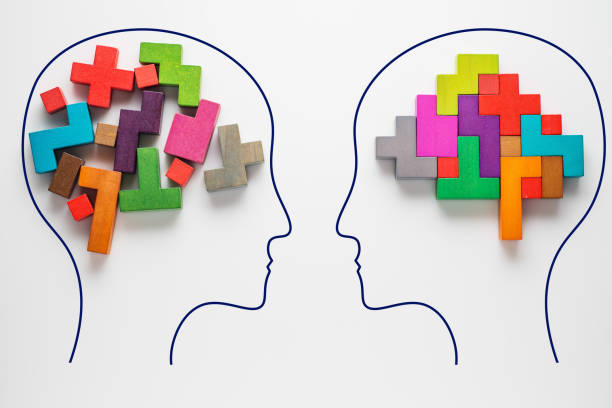IQ What It Measures and What It Doesn’t
An IQ test is a standardized tool designed to measure certain mental skills such as reasoning, problem solving, and pattern recognition. While many people use a single IQ score to summarize intelligence, the reality is more nuanced: these tests capture specific cognitive strengths and provide a useful, but incomplete, snapshot of mental functioning. Understanding what an IQ test does and doesn’t measure helps you interpret results more wisely and situates them within broader measures of learning and performance.

This article is for informational purposes only and should not be considered medical advice. Please consult a qualified healthcare professional for personalized guidance and treatment.
What are IQ tests?
IQ tests are structured assessments that present tasks in areas like verbal comprehension, working memory, perceptual reasoning, and processing speed. Administrations can be individual or group-based and range from brief screening instruments to full-scale batteries administered by psychologists. Test designers use normative samples to convert raw scores into standardized IQ scores; those scores show where a person stands relative to the reference group. Because tests focus on particular problem types, they are more precise for some cognitive domains than others.
The design and content of IQ tests have evolved with research in psychometrics. Modern batteries aim to reduce cultural and language bias and include subtests that highlight different cognitive functions. Nevertheless, the content and context of a specific test—such as language demands or cultural assumptions—can influence outcomes, which is why professionals consider background information when interpreting scores.
How do IQ tests measure intelligence?
IQ tests operationalize intelligence as performance across a set of tasks, but intelligence itself is a broader concept encompassing learning capacity, reasoning, creativity, and emotional understanding. Tests typically measure analytic and logical reasoning more directly than creative or interpersonal aspects of intelligence. A higher IQ score indicates relative strength on the kinds of tasks included in the test rather than an absolute measure of overall human potential.
Interpreters of IQ scores often emphasize patterns across subtests. For example, a person with strong perceptual reasoning and weaker verbal skills may excel in visual problem solving but find language-heavy tasks more challenging. Professionals combine test results with educational, occupational, and developmental history to form a fuller picture of abilities.
How are cognitive abilities assessed beyond an IQ score?
Assessing cognitive abilities goes beyond a single IQ number. Comprehensive evaluations can include specialized tests for memory, attention, executive functioning, academic achievement, and processing speed. These targeted measures help identify learning disabilities, strengths to build on, or areas where accommodations might be beneficial. Cognitive testing is frequently used in educational planning, clinical diagnosis, and vocational guidance.
Observational data and interviews add context: how someone approaches tasks, handles frustration, and applies reasoning in real-world situations often reveals more than test performance alone. Combining multiple assessment methods produces a more reliable interpretation of a person’s cognitive profile.
What does an IQ score tell you about the brain?
An IQ score reflects how effectively someone performs particular cognitive tasks, which are rooted in brain function. Brain health, developmental history, education, nutrition, sleep, and life experiences all shape cognitive performance. While neuroimaging research links certain brain structures and networks to cognitive abilities, an IQ test does not directly measure brain anatomy or specific neurological function.
Interpreting IQ in light of brain-related factors is important in clinical settings. Changes in test performance over time can suggest developmental progress, educational impact, or, in some cases, neurological changes. However, drawing direct conclusions about brain structure or disorders from an IQ score alone is inappropriate without clinical assessment and medical testing.
Do IQ tests reveal thinking patterns?
IQ tests can highlight consistent thinking patterns, such as strengths in abstract reasoning, visual-spatial processing, or rapid processing speed. Examining subtest profiles reveals how an individual typically approaches problems—whether they rely on verbal strategies, visual manipulation, memory cues, or systematic analysis. These patterns provide actionable insights for educators, therapists, and individuals planning learning or work strategies.
That said, thinking patterns are dynamic. Motivation, test conditions, familiarity with task formats, and anxiety can alter performance. A measured pattern should be seen as one input among many when tailoring support, instruction, or professional development.
Conclusion
IQ tests are valuable tools for assessing specific cognitive skills like reasoning and problem-solving, but they are not definitive measures of a person’s entire intellectual capacity. Interpreting results requires context—subtest patterns, background information, and complementary assessments—to understand an individual’s strengths and challenges. By recognizing both the utility and the limitations of IQ testing, you can use results more thoughtfully to inform education, clinical work, or personal development.






